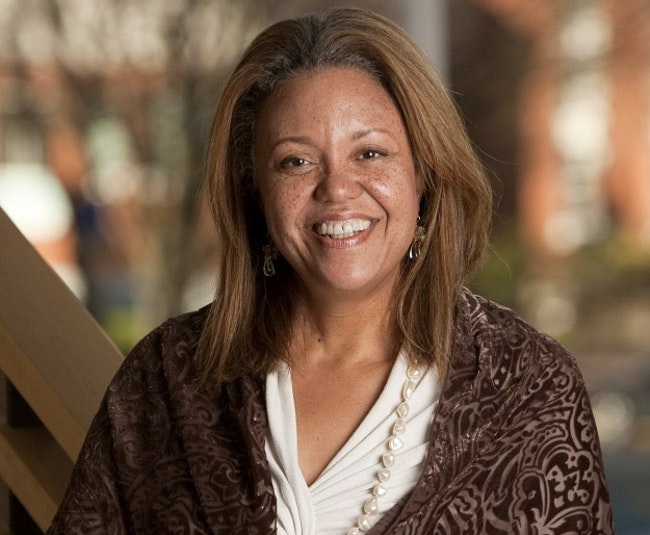
Robin Morris Collin was appointed a senior advisor to the U.S. Environmental Protection Administration in February 2022 after almost 20 years teaching law at Willamette University (Courtesy/Willamette University)
Robin Morris Collin knows the impacts of climate change aren’t spread evenly around.
Like most other environmental problems, they hit people already marginalized harder – farmworkers laboring outdoors in extreme temperatures, or Oregonians who can’t afford air conditioning during a heat wave.
After almost two decades teaching law at Willamette University in Salem and pushing forward Oregon’s work on environmental justice, Morris Collin is now positioned to address those impacts at the federal level.
She was recently appointed as a senior advisor to the administrator of the U.S. Environmental Protection Agency on environmental justice, a new position she hopes to use to help communities around the country find solutions to environmental problems that address their needs.
“We tend to only respond to the disasters that we see, and that’s no position to try to deal with climate change. We’ll be forever in catch-up mode and we’ll never catch up,” she said.
Morris Collin grew up in Chicago and Arizona in a family committed to racial equality, but it wasn’t until after law school that she found a home for those issues in the environmental movement.
After several years focused on consumer protection law, Morris Collin read “Dumping in Dixie,” a 1990 book by American academic Robert Bullard that explored the way pollution is disproportionately concentrated in Black communities in the U.S.
It was a foundational book for the nascent environmental justice movement in the U.S., which sought to recognize and correct the ways environmental hazards fall disproportionately on communities of color.
“The closest factor correlating to the location of hazardous waste and pollution was race. And the darker the skin color, the more pollution was layered on to a community,” Morris Collin said. That held true regardless of income or homeownership levels.
Morris Collin knew she’d found the area she wanted to spend her legal career in.
“What surprised me was that somehow race was having a landscape level of impact,” she said. “Race as a construct was so deeply embedded in public policy that all of a sudden you could read those consequences on a landscape level. That seized my imagination and that made me the activist that I am.”
Morris Collin came to Oregon in 1993 with her husband, also a law professor. She taught for a decade at the University of Oregon before coming to Willamette in 2003.
At UO, she founded a conference on environmental racism, bringing in speakers like Bullard and Indigenous activist Winona LaDuke.
She also served as founding chair of Oregon’s Environmental Justice Task Force, established by the Legislature in 2007, which advises state agencies and the governor on reducing disproportionate environmental impacts.
Morris Collin first got a surprise call about taking her new job in Washington D.C. about a year ago. She said of course she’d be interested, then heard nothing for months.
“I thought it was a nice idea and it had gone away, but it turns out that’s the pace of things in D.C.,” she said.
At the EPA, she said environmental justice started as an outside push for the agency to look at its own data about the disproportionate impacts of pollution, climate hazards and other environmental problems.
“It’s been about 20 or 30 years of outside communities pushing on EPA to look at the way in which disadvantaged communities, communities that are overburdened, politically disenfranchised, poor, rural, or urban, all manner of communities who are not getting the full benefit of equal protection of environmental law,” Morris Collin said. “I think there was a real hunger to see some institutional acknowledgement of that concern.”
She’s just a few weeks into the job and said there’s no grand plan for solving the nation’s environmental problems.
But Morris Collin believes the best solutions come from the local level, where people who may not agree on divisive political issues can still see the same impacts from wildfire smoke or heat and talk about solutions. She said she hopes to use her role to facilitate community-by-community efforts across the U.S.
“We may not believe in climate change, but you’re going to turn on the Fox weather guy and you’ll listen to his forecast. We trust the local that we see, so let’s work with that.”
Contact reporter Rachel Alexander: [email protected] or 503-575-1241.
JUST THE FACTS, FOR SALEM – We report on your community with care and depth, fairness and accuracy. Get local news that matters to you. Subscribe to Salem Reporter starting at $5 a month. Click I want to subscribe!









